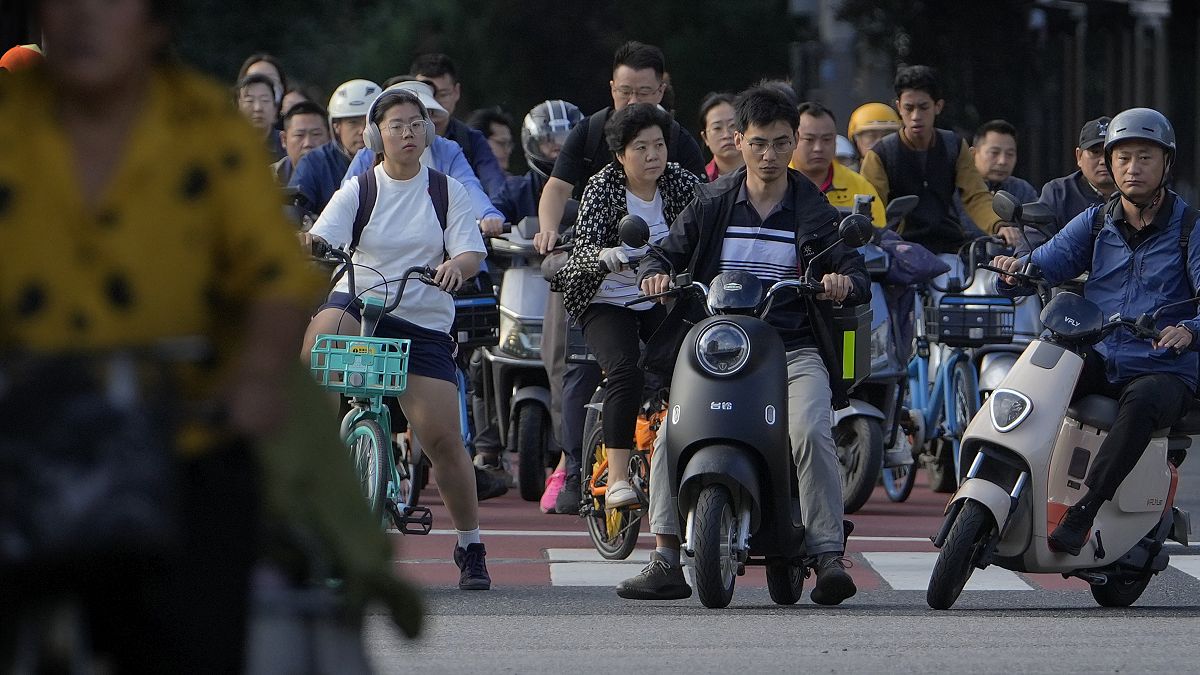Minimum retirement ages in China are much lower than in other major economies, although pressure on pension funds is forcing policy change.
China will raise its retirement age for workers starting from 1 January 2025, state media said on Friday.
For men, the retirement age will be raised to 63 years old, up from the current threshold of 60.
For women in white collar jobs, it will be raised from 55 to 58. For women in manual, blue collar jobs, it will be increased from 50 to 55.
The changes will come into force over a 15 year period, meaning the threshold will be raised progressively based on people's birthdays.
China currently has some of the world's lowest retirement thresholds, which have been in place for a number of years.
Demographic pressures now make the upcoming move long overdue, as the ratio of retirees to younger workers shrinks. This is explained by fewer births and longer life spans.
By the end of 2023, China counted nearly 300 million people over the age of 60, with that figure projected to be 400 million by 2035.
The Chinese Academy of Social Sciences had previously warned that the public pension fund would run out of money by that time.
In 2022, China's National Bureau of Statistics also reported that for the first time, the country had 850,000 fewer people at the end of the year than the previous year, a turning point from population growth to decline.
In 2023, the population shrank further, by 2 million people.
What that means is that the burden of funding elderly people's pensions will be divided among a smaller group of younger workers, as pension payments are largely funded by deductions from people who are currently working.
Researchers measure that pressure by looking at the dependency ratio, which counts the number of people over the age of 65 compared to the number of workers under 65.
That number was 21.8% in 2022, according to government statistics, meaning that roughly five workers would support one retiree.
The percentage is expected to rise, meaning fewer workers will be shouldering the burden of one retiree.
Despite the strain on pension funds, raising the retirement age will nonetheless cause short-term pain, according to experts.
Young people are already struggling to find jobs while the Chinese economy navigates a rocky period, linked to the country's property crisis and sluggish post-Covid recovery.**















